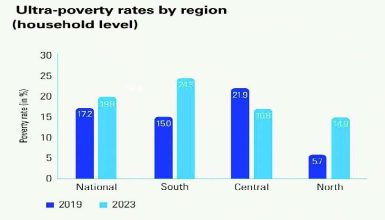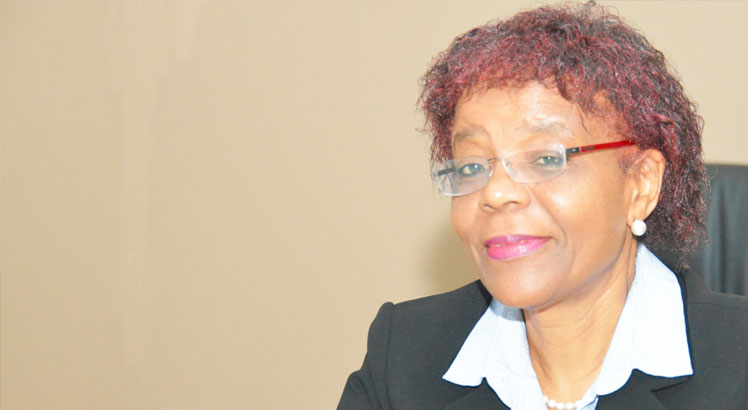Domestic borrowing reduces forex risks
Ministry of Finance has justified its stance to borrow from the domestic market, saying raising money locally for development projects gives it alternative sources of financing, thereby reducing foreign exchange risks.
Secretary to Treasury Macdonald Mafuta Mwale said this in a written response on Wednesday in reaction to the listing on the Malawi Stock Exchange (MSE) of 30 additional bonds valued at K1.69 trillion to raise money for development projects and also refinance its domestic debt.

The listed bonds included five development bonds at K10 billion and 25 Treasury Notes valued at K1.59 trillion.
Mafuta-Mwale said borrowing locally to finance infrastructure projects is now cheaper for the government than from foreign creditors.
He said: “Financing of the projects through the local currency bond is the first of its kind and is working properly where the government is raising financing for infrastructure projects using local bonds which have longer tenors.
“These resources are ring-fenced and cannot be used for consumption. Additionally, this is also good for development of local capital markets and they allow everyone to participate in the development of this country and everyone will be proud to have participated in these development landscape changing projects.”
In terms of debt sustainability, Mafuta Mwale said the advantage of raising finance locally is that the country would be hedged against foreign exchange risks.
Meanwhile, MSE chief executive officer John Kamanga said on Monday that the listing of the bonds does not only provide a product range for the investors, but also sends a signal that the capital market is deep enough to raise funds for investment and refinance debt.
He said the listing also fosters financial inclusion considering that the minimum amount to invest in the listed debt securities through the MSE is K1 000.
Reserve Bank of Malawi Governor Wilson Banda is on record as having said securities create opportunities for investors to buy and sell and liquidity for those that want to participate in the market.
The listing of the 30 bonds has since increased the number of listed government debt securities to 84, creating diversified trading products on the market.
Lately, Treasury has resorted to long-term borrowing, shifting away from short-term borrowing, which analysts say is a positive move towards domestic debt restructuring.
Nonetheless, there has been little or no trading on the government securities as investors hold on to their securities to maturity.
But Mwale said investors are showing interest in the two-year, three-year and five- year tenors which was not the case two years ago.
Through the infrastructure development bond, Treasury intends to raise about K1 trillion to finance various development projects that includes.construction of houses for security institutions, among other projects.






One Comment